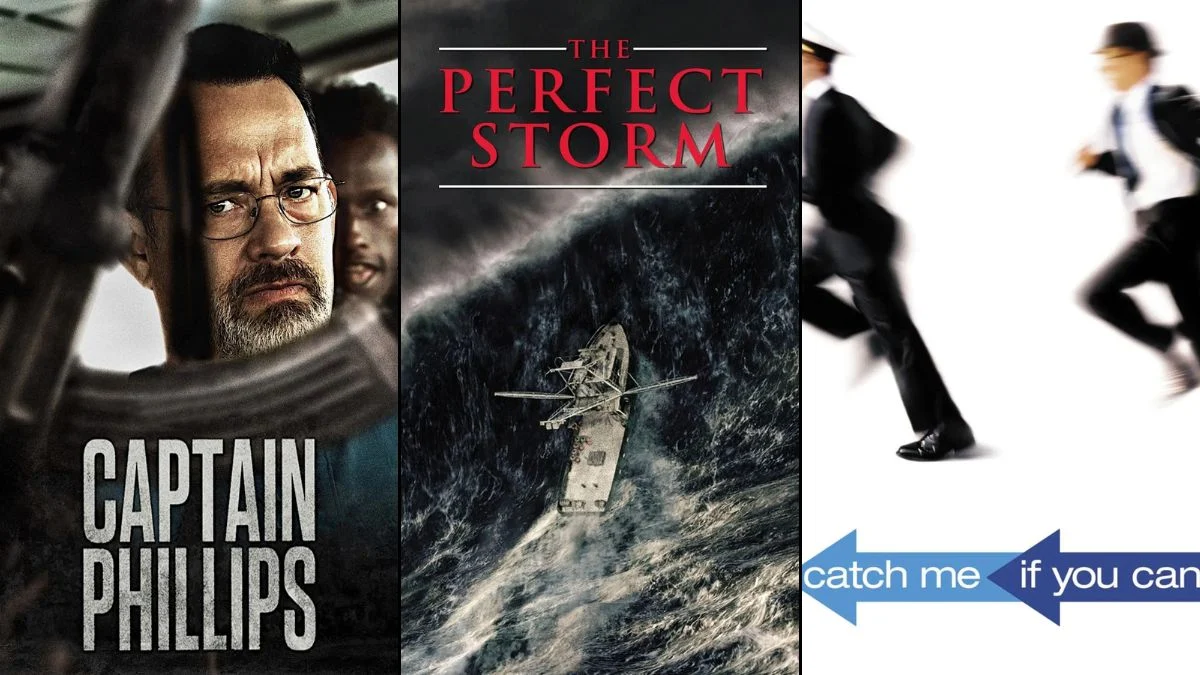
Movies often claim to be based on real events to grab the audience’s attention and build suspense. This is a common marketing trick that can make a story seem more frightening or interesting by blurring the line between what actually happened and what’s made up. Filmmakers sometimes stretch the truth – exaggerating small details or even inventing whole storylines – while still presenting the film as factual. Here are some well-known examples of movies that have been misleading about how much of their story is real.
‘Captain Phillips’ (2013)

The movie presents Captain Phillips as a hero who did everything he could to protect his crew from Somali pirates. However, members of the Maersk Alabama crew later stated that Phillips disregarded safety precautions in an attempt to save time and money. They argue the film inaccurately portrays him as a hero, masking what they believe was potentially careless conduct. Their legal complaint emphasizes the difference between the movie’s version of events and what they actually experienced.
‘The Possession’ (2012)
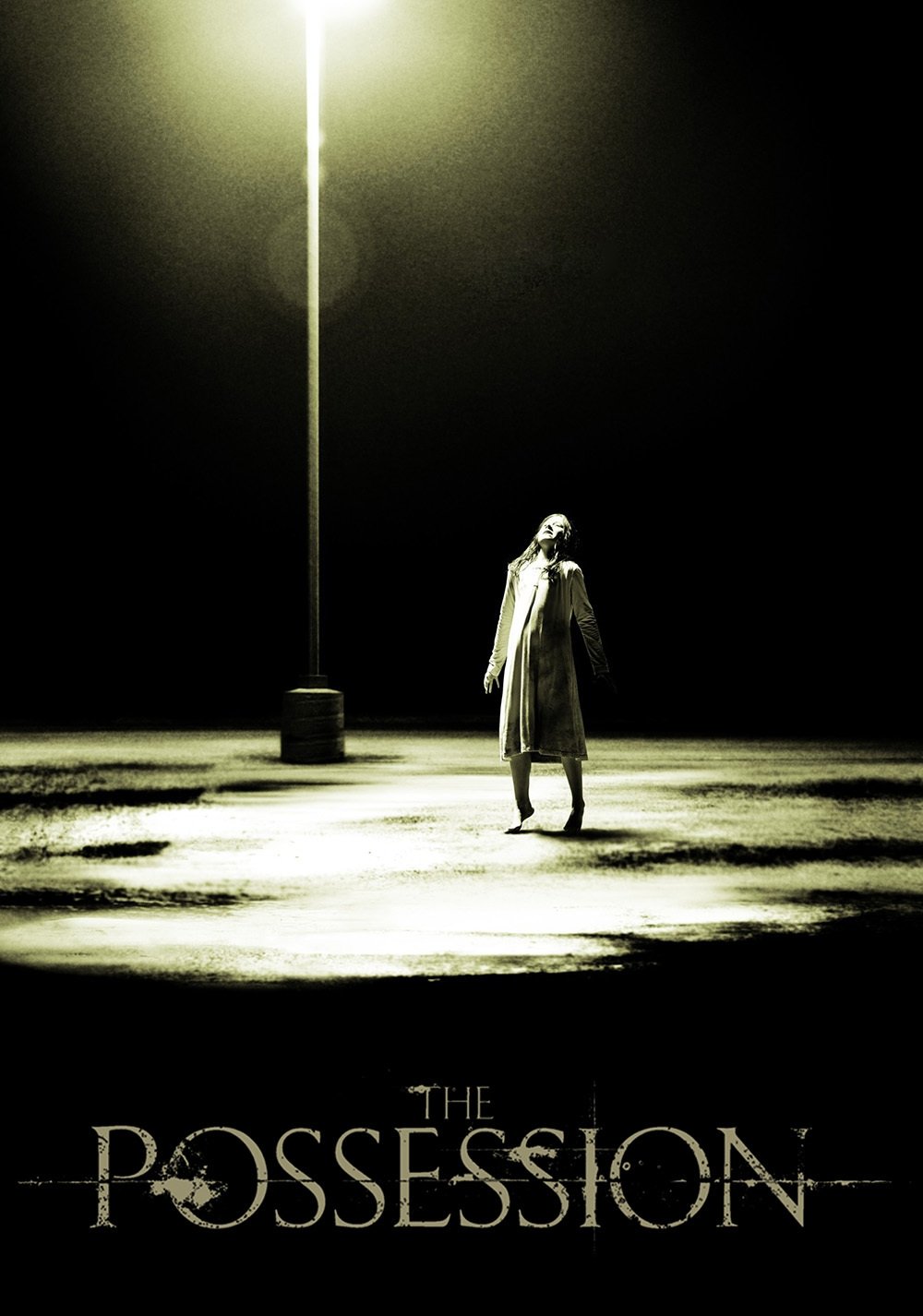
The story centers on a cursed box believed to bring bad luck to anyone who owns it. The tale originated with an online auction where the seller later confessed it was all a hoax. He admitted to inventing the spooky history of the antique box to make it more appealing and valuable. The movie takes this internet prank and reimagines it as a frightening, realistic ghost story.
‘Open Water’ (2003)
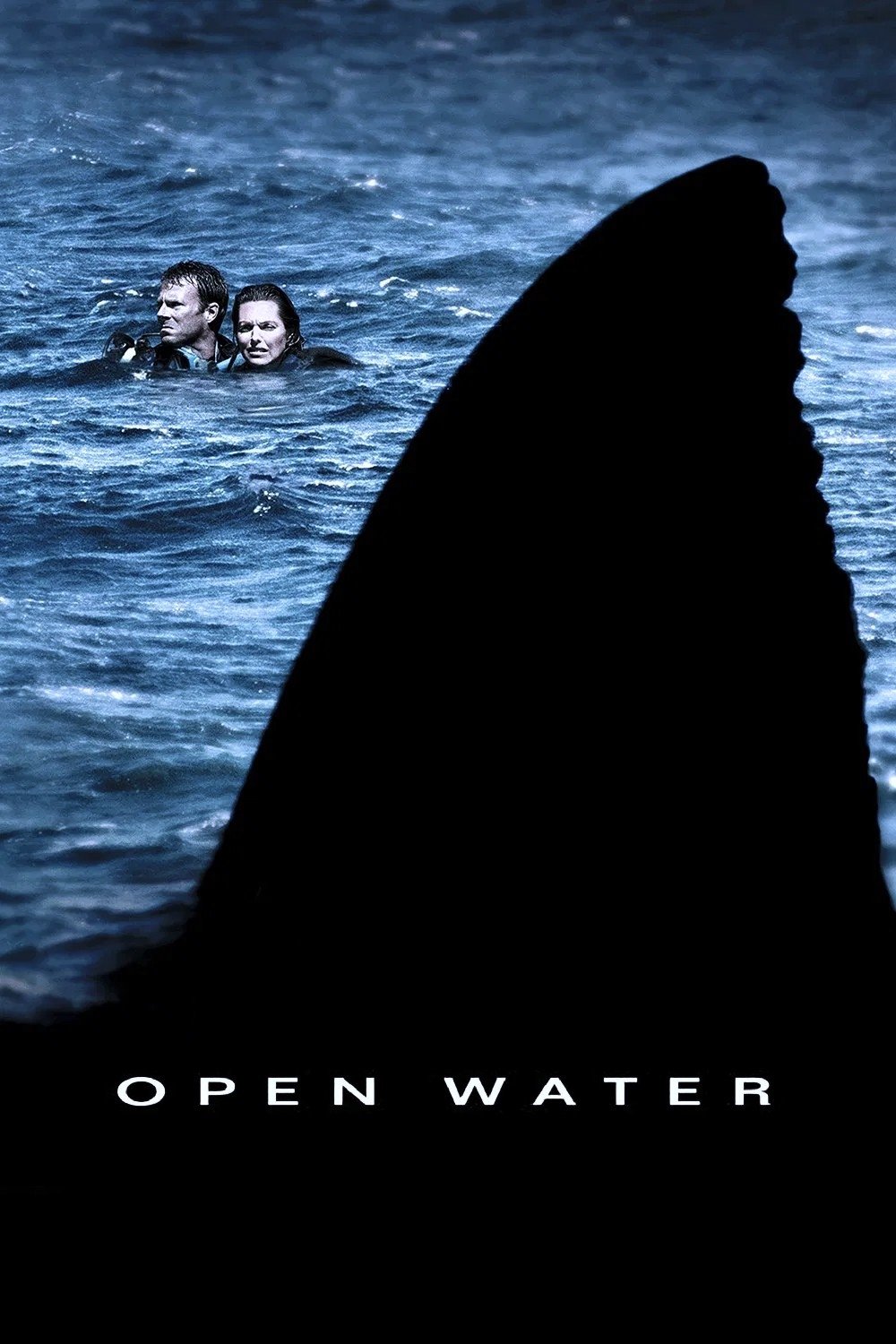
The movie takes inspiration from the real-life disappearance of divers Tom and Eileen Lonergan, who were accidentally left behind on a trip. Because their bodies were never found, the film creates fictional dialogue and events surrounding their final moments. While the movie depicts them being attacked by sharks, recovered belongings also hinted at the possibility they died from drowning or dehydration. Ultimately, the filmmakers used the true story as a starting point for a suspenseful thriller, imagining the most terrifying outcome.
‘The Return of the Living Dead’ (1985)
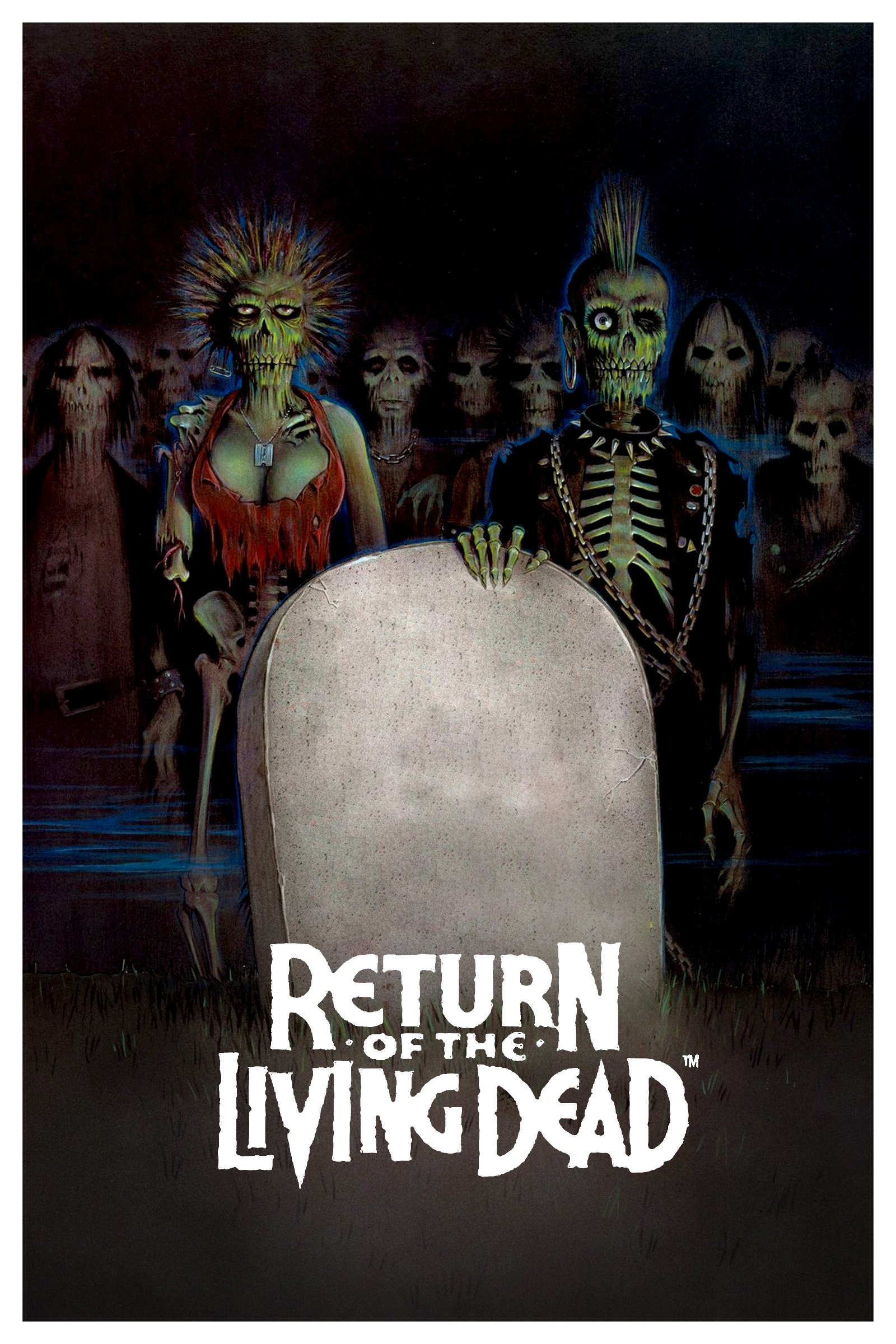
The film starts with a message claiming the story is true and the characters are real people. However, this is actually a joke, meant to highlight how ridiculous the movie is about to become. With talking zombies and a punk rock soundtrack, it’s clear the film isn’t meant to be taken seriously, even with that initial claim. This technique is a playful twist on typical horror movies that often try to feel realistic.
‘The Perfect Storm’ (2000)
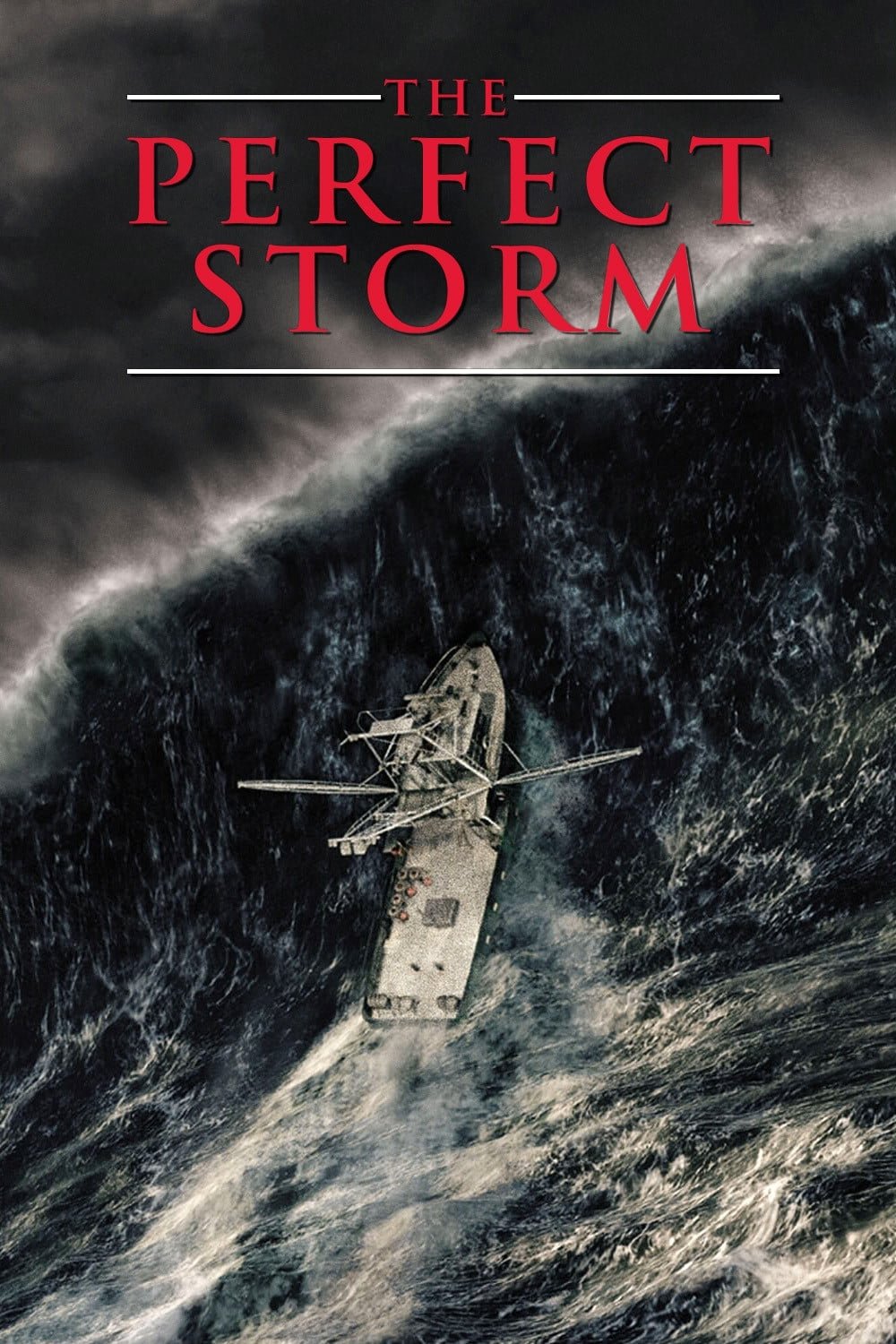
The movie shows the last hours of the crew on the Andrea Gail as they faced a huge storm. Because no one survived and communication was lost, the ending is based on what filmmakers imagined likely happened. The families of the crew members actually filed a lawsuit, upset with how their loved ones were portrayed in the fictionalized story. Ultimately, the film offers a dramatic, but imagined, account of events that no one could have truly seen.
‘Hostel’ (2005)

Director Eli Roth got the idea for his film from a website he stumbled upon that advertised the chance to go on a murder vacation in Thailand. However, no proof has ever been found that this website or business was real – it seems to have been just a rumor. The film imagines that wealthy, exclusive hunting clubs exist in Eastern Europe, and presents them as a frightening truth. This marketing strategy played on people’s deep-seated fears about traveling to unfamiliar places and feeling vulnerable abroad.
‘Killer Elite’ (2011)
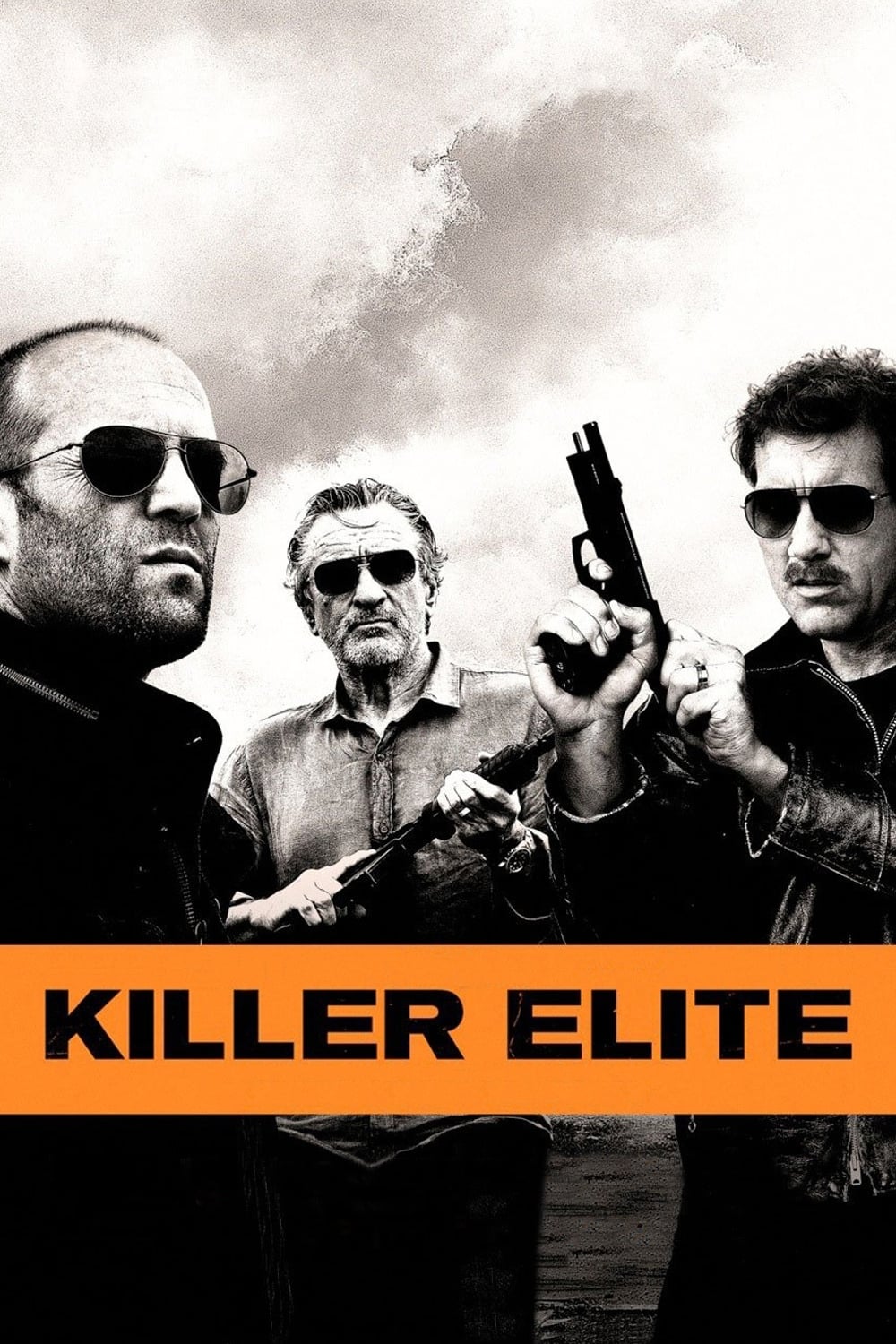
This movie is inspired by a novel the author presented as a true story about a hidden group of vigilantes. However, the British Special Air Service has officially stated that the events and the group described in the book never happened. Experts on the SAS agree, calling the story a complete work of fiction. The film, starring Jason Statham and Robert De Niro, focuses on action and excitement rather than being historically accurate.
‘Catch Me If You Can’ (2002)
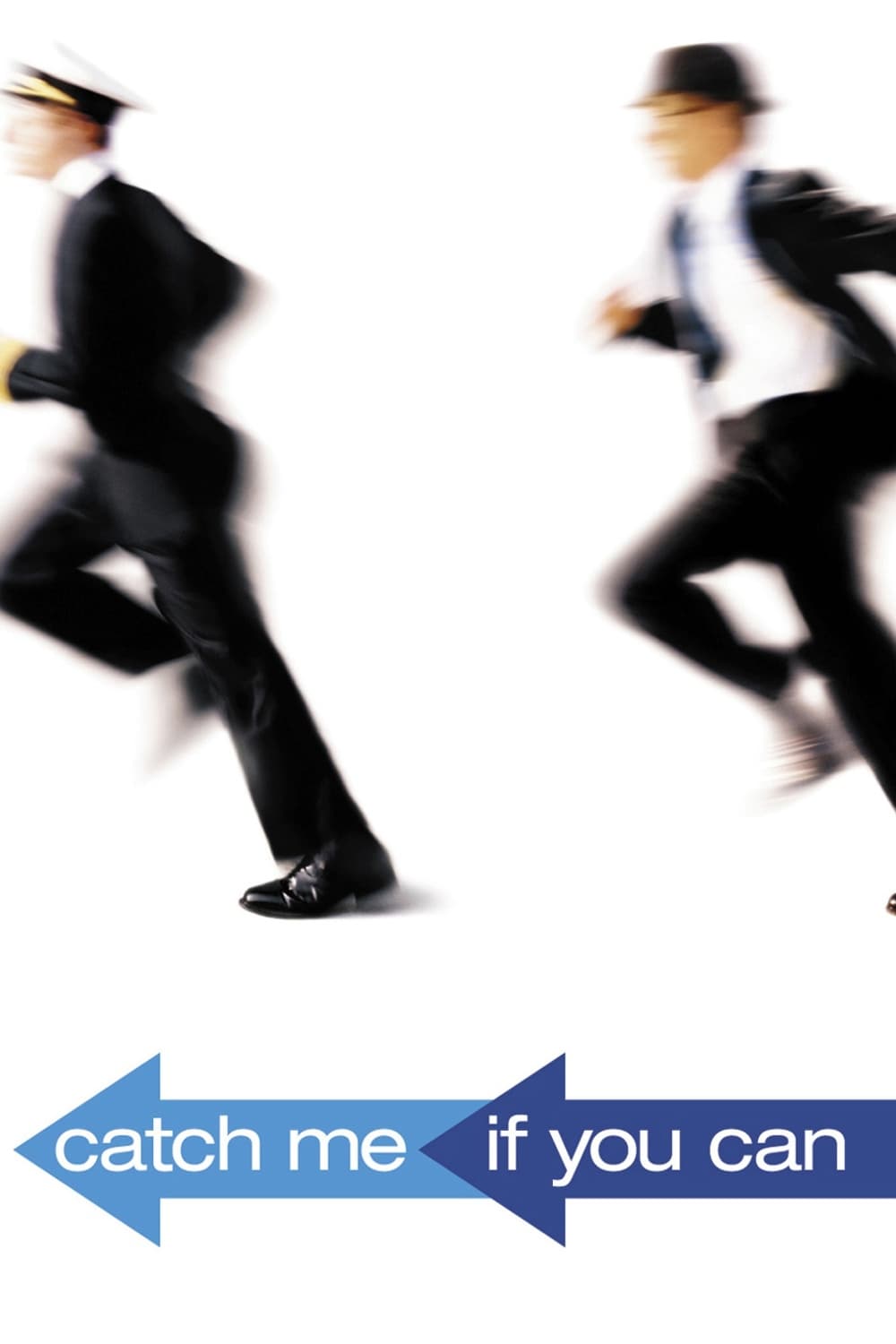
Frank Abagnale Jr. became famous by portraying his life as an exciting chase with the FBI. However, new research shows he was likely in prison for much of the time he claimed to be committing his crimes. Evidence suggests that the stories in his autobiography were greatly embellished or completely made up. The movie based on his life presents these exaggerated claims as true events, rather than the fabrications of a skilled con artist.
‘Fire in the Sky’ (1993)

Travis Walton famously claimed he was taken aboard an alien spacecraft while logging in Arizona. The film version of his story significantly changes what he said happened inside the craft, making it much scarier. Movie studio bosses thought the original story was too familiar and asked for a more intense, frightening take. As a result, the movie includes scenes of torture that aren’t found in the book it’s based on.
‘The Amityville Horror’ (1979)
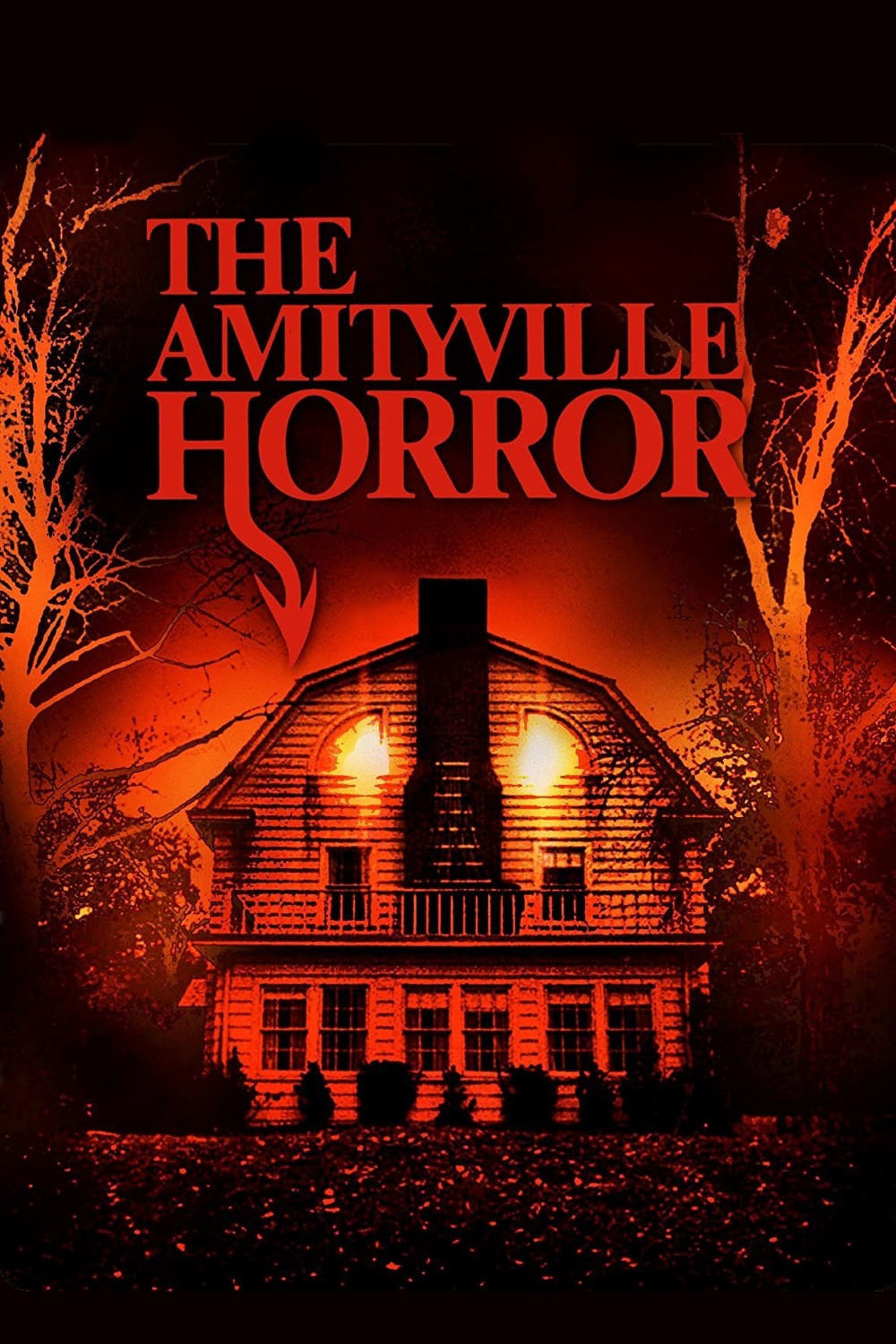
George and Kathy Lutz famously claimed their house was haunted, but investigations later suggested it was all a made-up story. It turned out the previous owner’s lawyer confessed to creating the haunting tale to profit from a past tragedy that happened in the house. Despite being proven false, the movie presents these fabricated claims as if they were completely real to scare audiences.
‘Wolf Creek’ (2005)
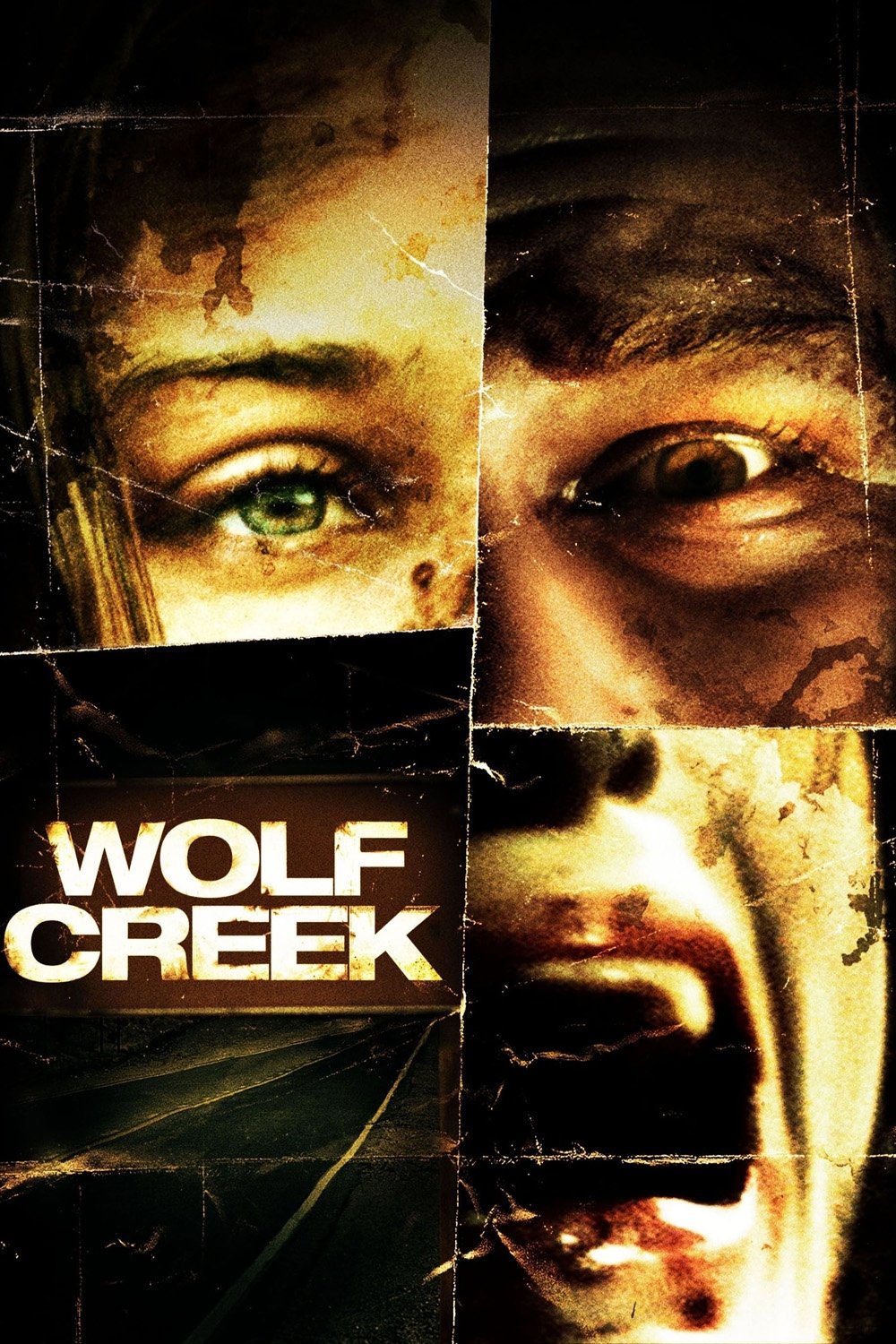
I was really disturbed to learn this horror movie claimed to be based on true events. It turns out the filmmakers took inspiration from the awful crimes of Ivan Milat and Bradley John Murdoch, but they didn’t just retell those stories. They mixed things up and created a completely fictional plot and characters, using those real-life tragedies as a scary backdrop. It’s a terrifying movie, but it’s important to remember it’s not a true story, just a fictional one inspired by real horrors.
‘The Strangers’ (2008)
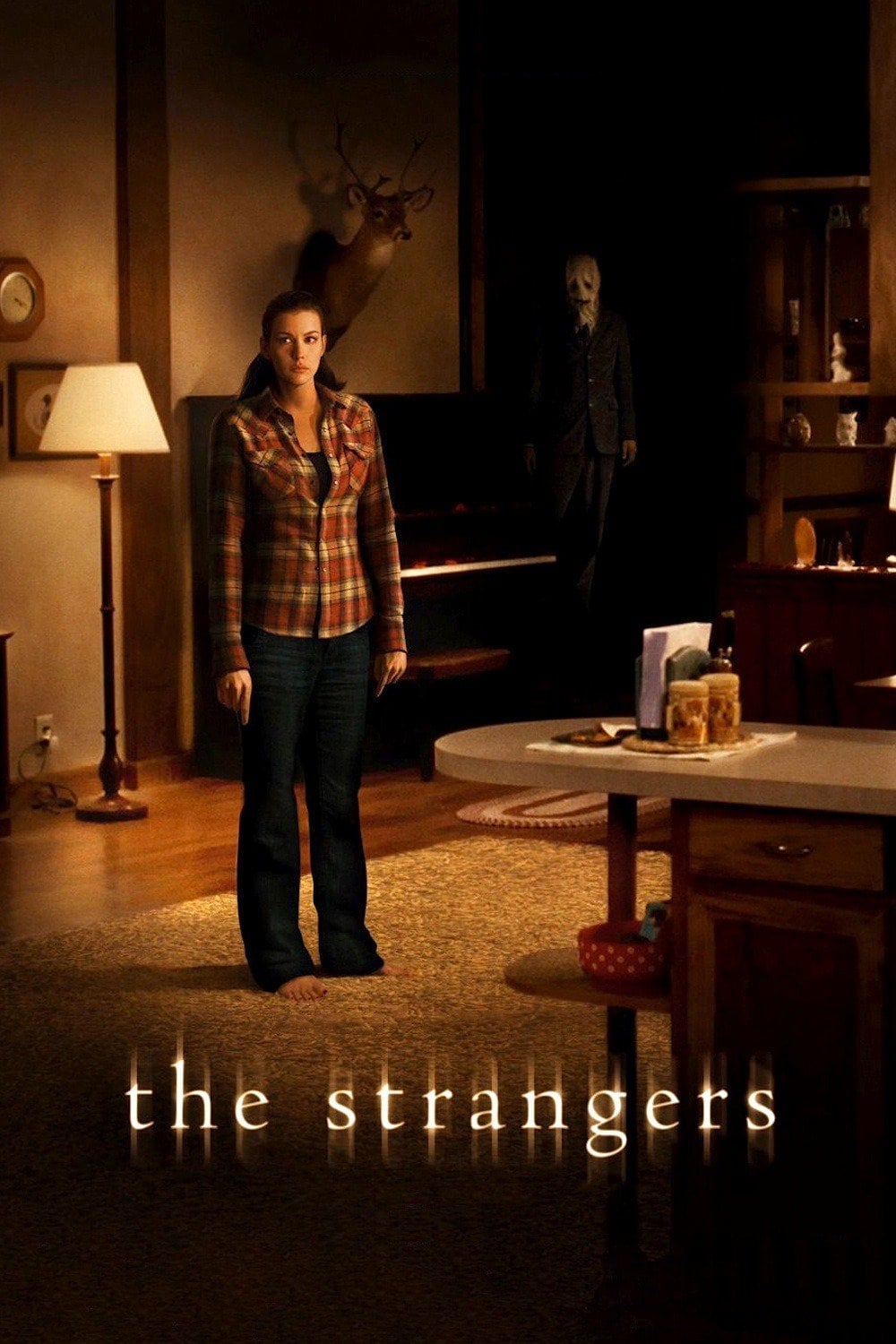
The movie begins by saying it’s based on a true story about a couple, but director Bryan Bertino later explained the idea actually came from two things: a scary experience he had as a child with someone knocking on his door, and the infamous Manson family murders. While the film is suspenseful, there’s no actual record of a couple being terrorized in a vacation home like what’s shown. The filmmakers used the idea of a ‘true story’ to make the movie even more frightening for viewers.
‘Bloodsport’ (1988)

Frank Dux, a martial artist, famously claimed to have won a secret, underground fighting tournament called the Kumite. However, investigations later showed the trophy he presented as proof was actually bought at a local store. Furthermore, there’s no official record of the Kumite ever happening in the Bahamas, where Dux said it took place. Despite questions about the truthfulness of his story, the movie based on his claims helped launch Jean-Claude Van Damme’s career.
‘Sleepers’ (1996)
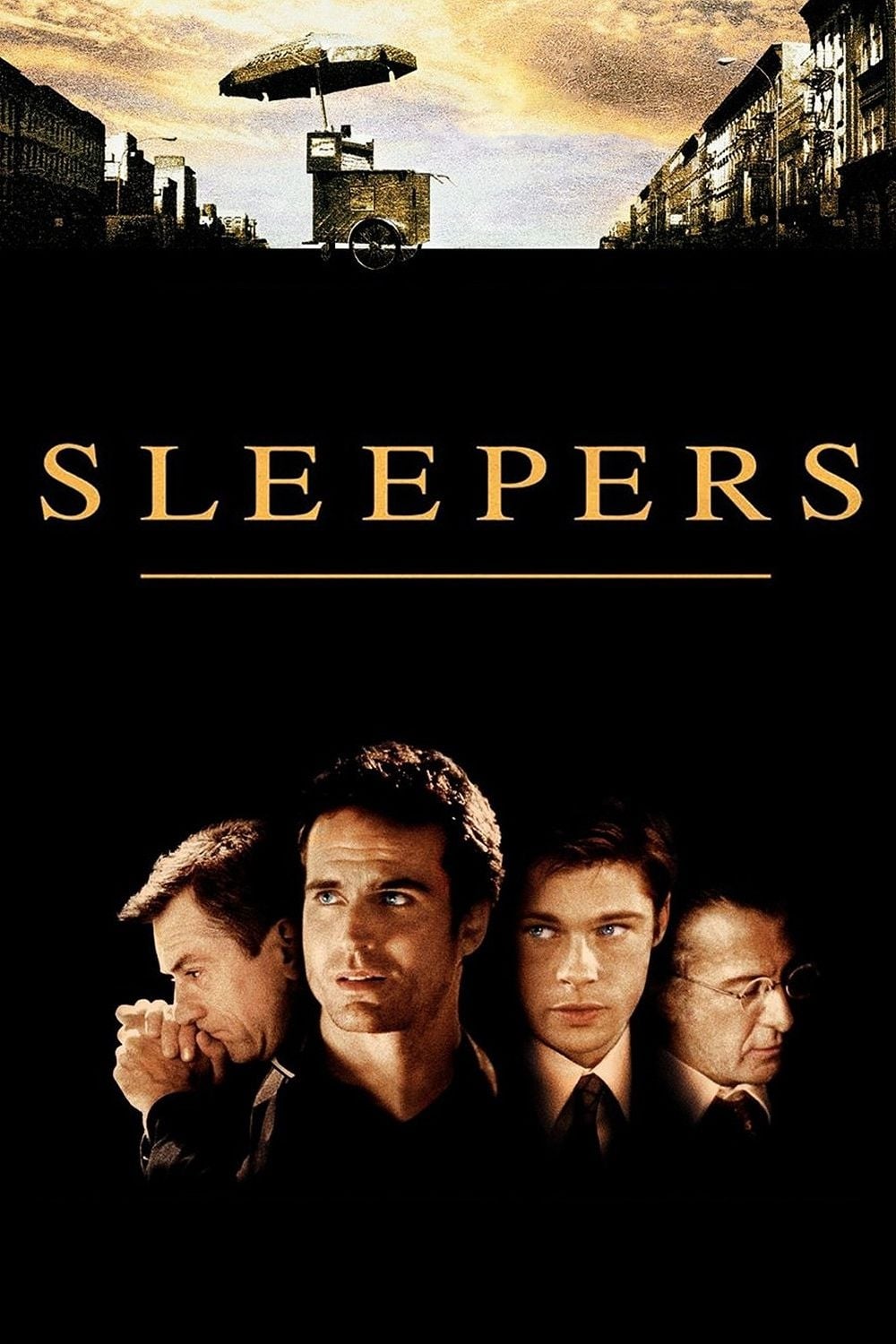
Lorenzo Carcaterra said his book and the movie it inspired were based on real events he experienced in a juvenile detention center. However, an investigation by the Manhattan District Attorney found no proof that the story or the legal case it described ever happened. State records also confirmed that no trial matching the one shown in the film took place during the relevant time. Even though the story’s truthfulness hasn’t been confirmed, the movie remains a compelling and dramatic work.
‘Picnic at Hanging Rock’ (1975)

As a film buff, I was completely drawn in by this movie, which revolves around the unsettling disappearance of schoolgirls and their teacher on Valentine’s Day in 1900. What’s fascinating is that many people actually thought it was a true story, thanks to its documentary-like feel and how the original book was presented. The author, Joan Lindsay, intentionally kept everyone guessing about whether it really happened, and she never confirmed or denied it until she passed away – she wanted to preserve the mystery! It turns out, though, that the school and the people involved were all fictional; records show they never actually existed. It’s a brilliant way to play with the line between fact and fiction, and it really stuck with me.
‘The Fourth Kind’ (2009)
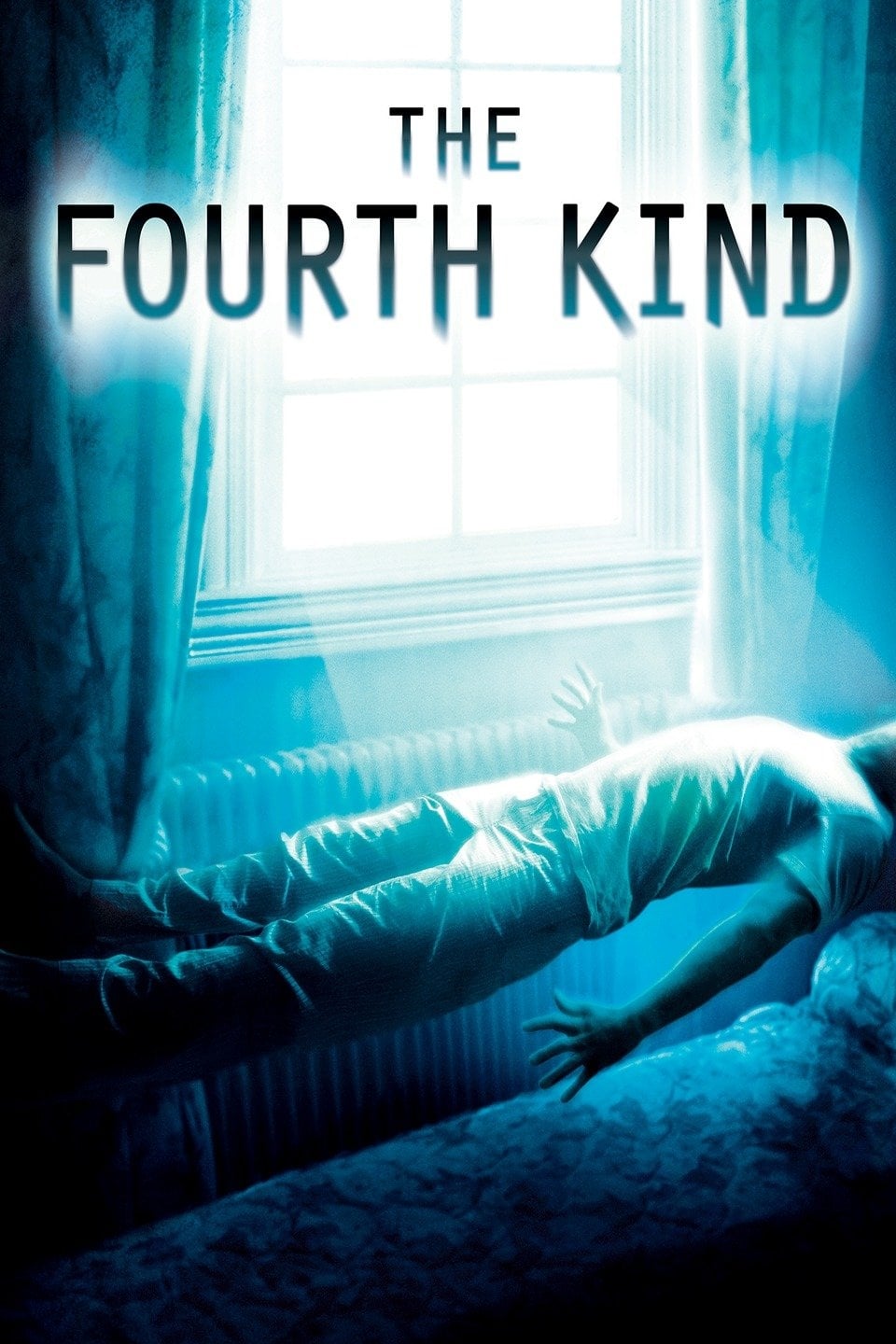
This science fiction thriller claims to present real historical footage mixed with acted-out scenes of alien abductions in Alaska. The filmmakers used actors to portray the people supposedly being interviewed. Universal Pictures later settled a lawsuit because they created fake online archives to make the story seem more believable. While the town of Nome has seen people go missing, the FBI believes this is due to the difficult weather and issues with alcohol, not alien activity.
‘The Texas Chain Saw Massacre’ (1974)
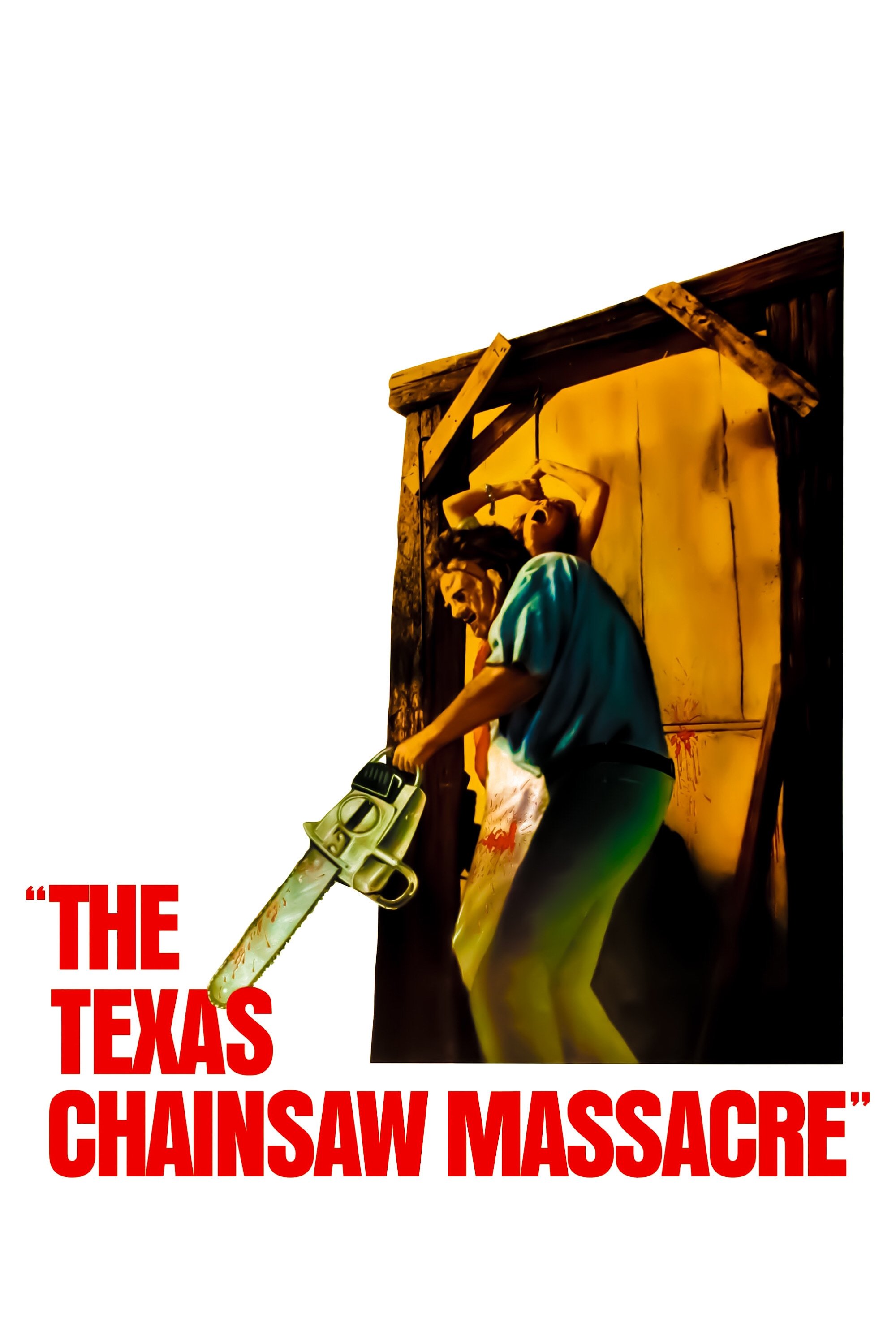
The film begins with a serious voiceover stating it’s based on a real tragedy involving five young people. Though the character Leatherface was inspired by the real-life killer Ed Gein, the movie’s story and characters are completely made up. Gein committed his crimes alone and didn’t use a chainsaw or live with a cannibalistic family, as shown in the film. The movie’s claim of being based on a true story was simply a marketing strategy to draw more viewers to drive-in theaters.
‘The Blair Witch Project’ (1999)
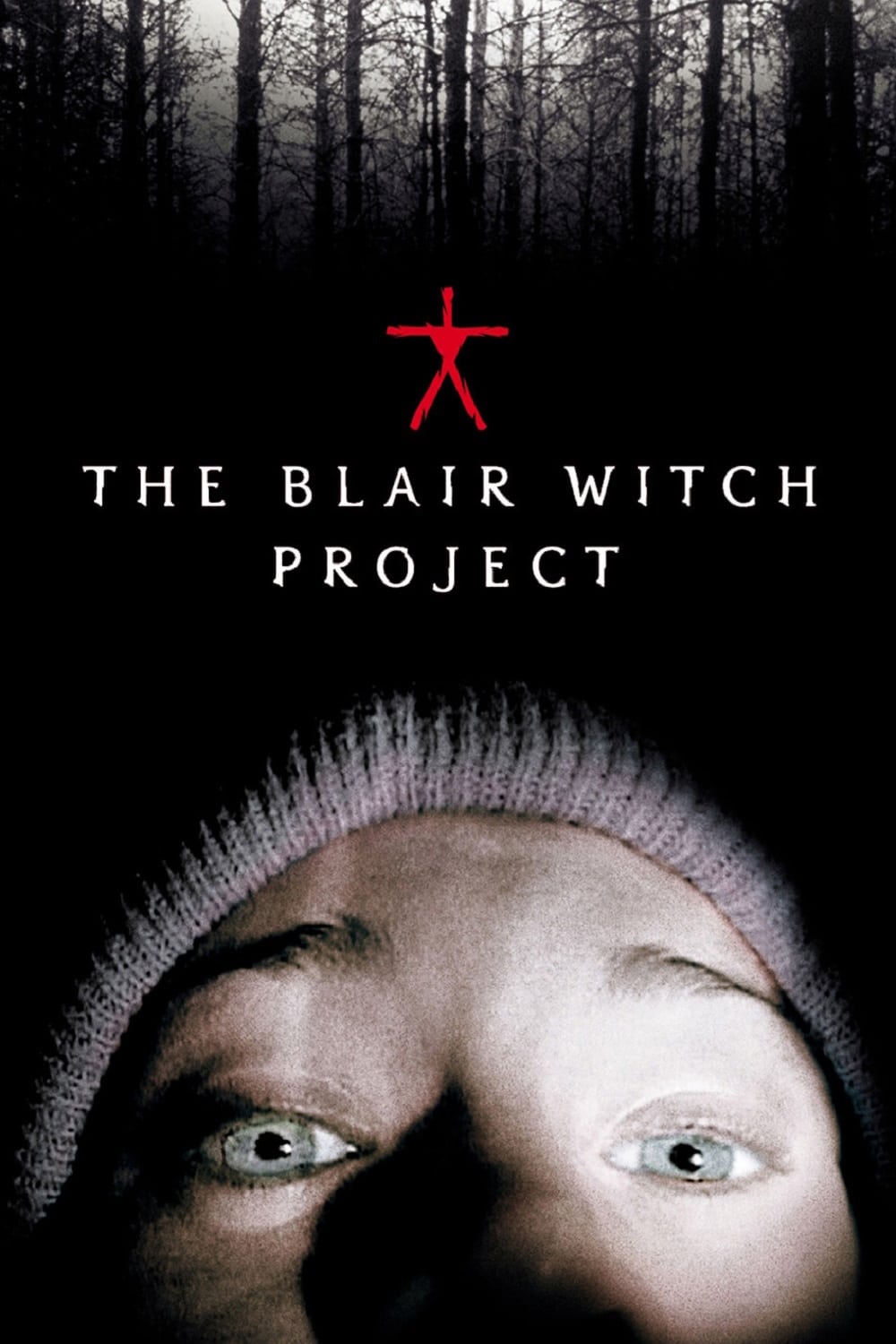
To promote their low-budget movie, filmmakers created a clever marketing trick. They pretended three student filmmakers had gone missing while shooting in the woods, using fake ‘missing person’ posters and a made-up documentary on TV. The actors even used their real names to make the found footage seem authentic. This unusual approach turned the film into a huge success around the world.
‘Cannibal Holocaust’ (1980)

The marketing for this film was incredibly realistic, leading to a shocking situation: the director was accused of murder in Italy. People actually thought the actors had been killed for real during filming! Ruggero Deodato had to prove the cast was alive in court and show how the special effects were done. This intense found footage movie is still famous for how convincingly it mixed reality with fiction.
‘Fargo’ (1996)
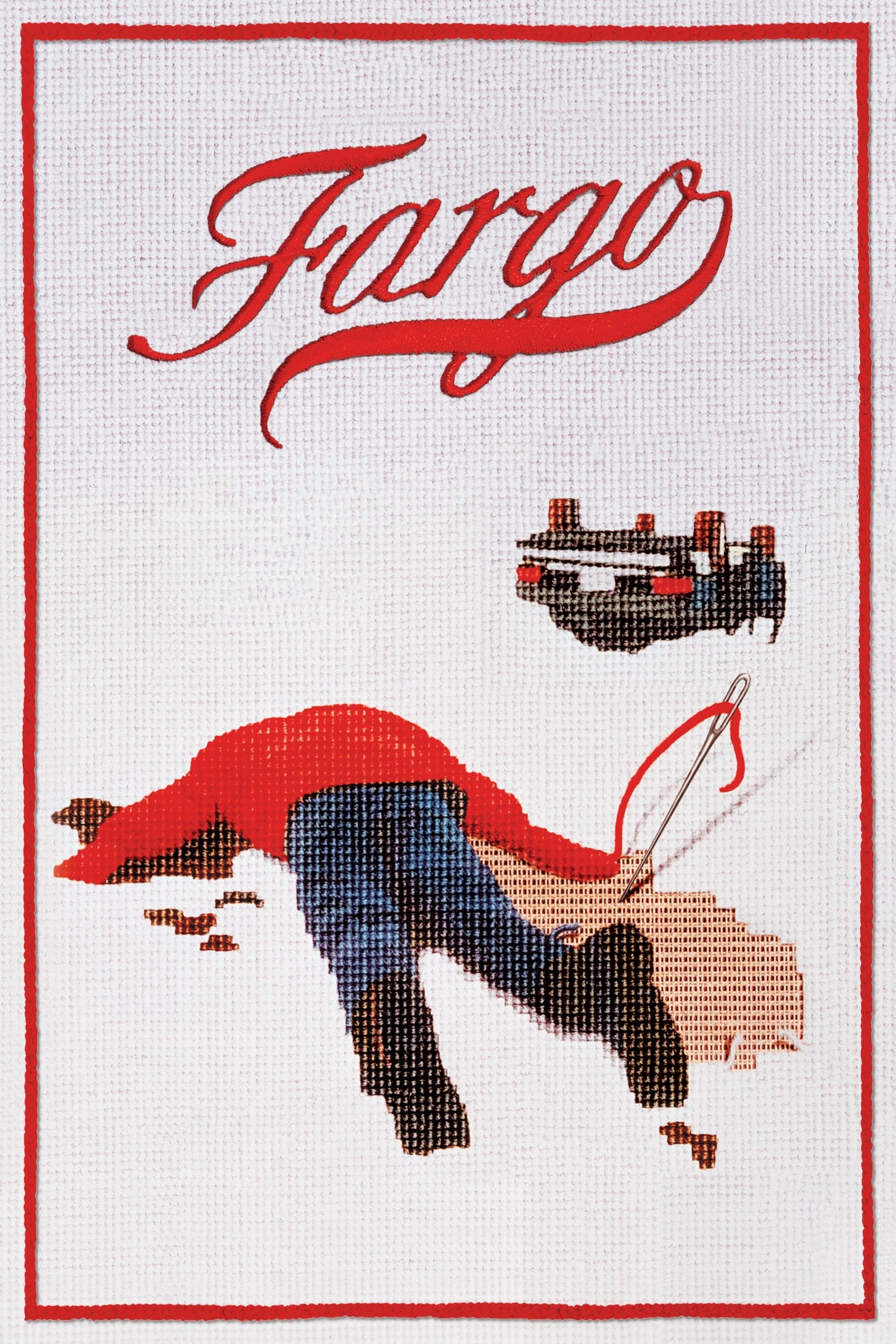
The film begins by stating the story is set in Minnesota in 1987. However, the Coen brothers later revealed they made the whole thing up. They did this to give themselves the freedom to create a wild and unexpected plot, thinking audiences would accept more unbelievable events if they believed the story was based on truth. This clever trick became a key part of what makes the film so memorable.
Tell us which movie deception surprised you the most in the comments.
Read More
- 2025 Crypto Wallets: Secure, Smart, and Surprisingly Simple!
- Brown Dust 2 Mirror Wars (PvP) Tier List – July 2025
- Gold Rate Forecast
- Wuchang Fallen Feathers Save File Location on PC
- Banks & Shadows: A 2026 Outlook
- HSR 3.7 breaks Hidden Passages, so here’s a workaround
- Gemini’s Execs Vanish Like Ghosts-Crypto’s Latest Drama!
- The 10 Most Beautiful Women in the World for 2026, According to the Golden Ratio
- QuantumScape: A Speculative Venture
- 9 Video Games That Reshaped Our Moral Lens
2025-11-24 15:17